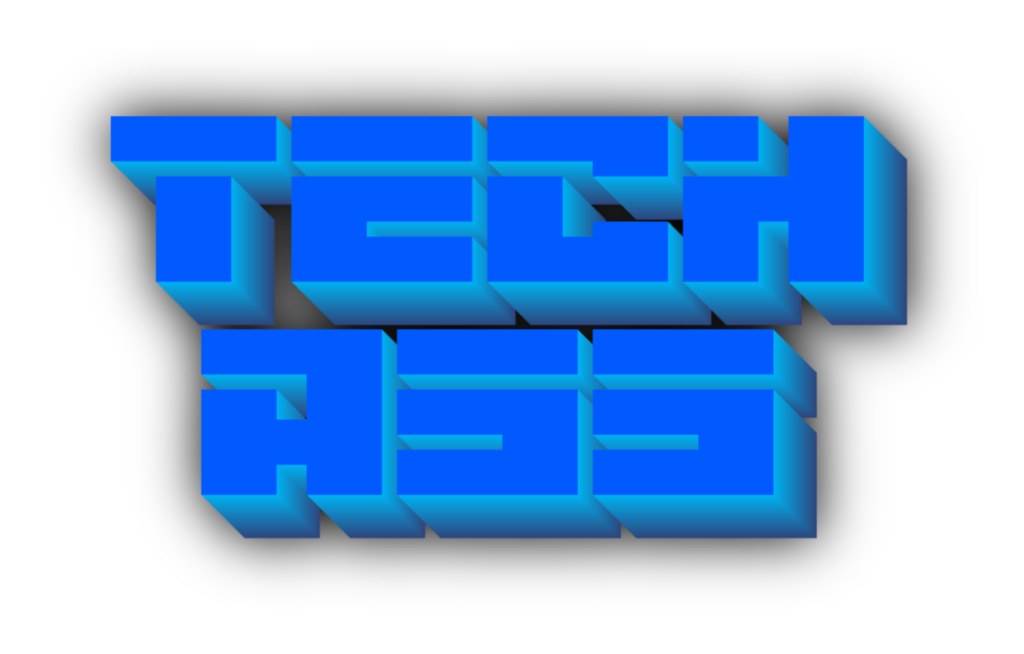In a federal court session on Tuesday, a former News Corp executive testified that Google’s ad tech tools are so pervasive that they create a “hostage-like” situation for publishers. Stephanie Layser, who previously worked in programmatic advertising at News Corp and now works at AWS, spoke as a witness in the Justice Department’s ongoing antitrust case against Google. The government accuses Google of monopolizing the ad tech market and unlawfully tying together two of its products.
Layser detailed how a 2019 change by Google, known as unified pricing rules (UPR), restricted publishers from setting higher floor prices for Google’s ad exchange, AdX. This move, Layser claimed, was detrimental to publishers as it stifled competition by enforcing uniform pricing rules for AdX, even though publishers could still set different floor prices for other ad exchanges.
Despite raising her concerns with Google executives, Layser testified that her complaints were ignored and the changes were implemented without adjustments. She noted that although Google’s ad server, formerly known as DoubleClick for Publishers (DFP) and now Google Ad Manager, had its flaws—being outdated and lacking in functionality—switching to other tools like AppNexus (now Xandr) was not feasible. The risk of losing access to Google’s vast advertiser demand and real-time pricing was too significant, despite the perceived shortcomings of Google’s technology.
The DOJ argues that Google’s ad server holds a dominant 90 percent share of the U.S. market, with Layser asserting that only a small fraction of publishers use alternatives. She described the situation as creating a reliance on Google that limits innovation and flexibility for publishers.
During cross-examination, Google’s attorneys highlighted that News Corp viewed itself as competitive with Google in certain areas, suggesting that the DOJ’s case aims to force Google into more favorable arrangements with rivals. This was further underscored by News Corp’s analysis which questioned the alignment of interests between itself and Google.
The court also heard from Jay Friedman, CEO of the Goodway Group, who described difficulties negotiating fees with Google’s AdX, citing it as the only exchange with whom his company could not discuss rates. Additionally, a prerecorded deposition from Eisar Lipkovitz, a former Google VP of engineering for display and video ads, revealed his frustrations with the integration of DFP and AdX. Lipkovitz acknowledged a potential conflict of interest in how Google’s products were interlinked and critiqued the lack of alternatives due to the complexities involved in managing such tools.
As the trial continues, these testimonies aim to shed light on Google’s influence over the ad tech market and the broader implications for competition and innovation in the industry.

